The wealth beneath our soil should serve the Filipino people
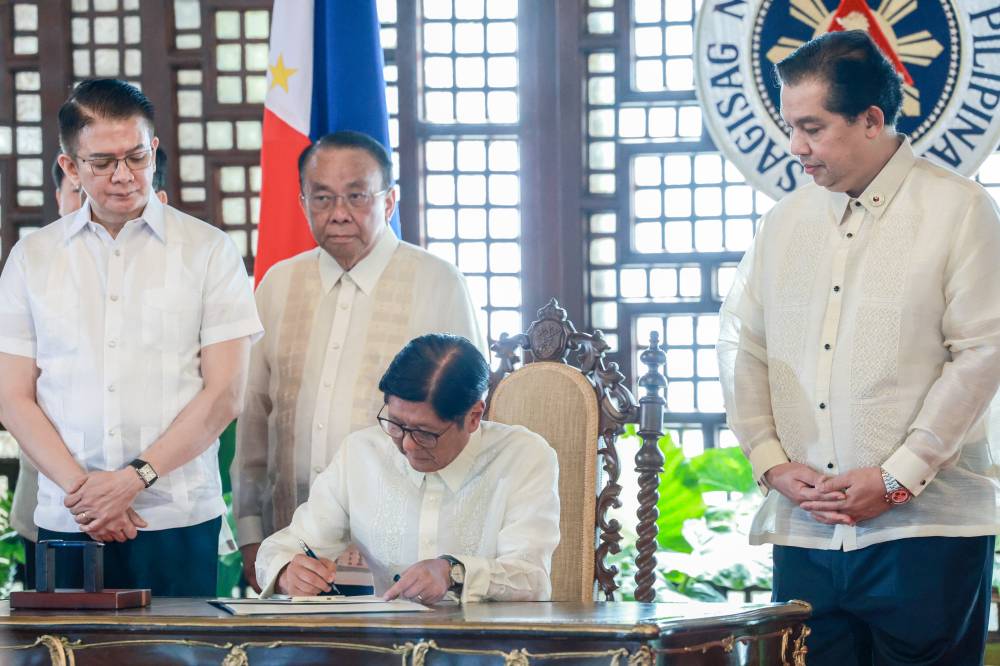
Now that we have finally enacted the Enhanced Fiscal Regime for Large-Scale Metallic Mining (under Republic Act No. 12253), I want to explain why I fought so hard for one particular element of this law: transparency.
As governor of Albay, I stood firmly against irresponsible mining. I was a supporter of Alyansa Tigil Mina, and I signed an antimining ordinance to protect the province from destructive practices. I have always believed that mining without accountability is destructive.
The wealth under our soil must serve the Filipino people. That conviction guided my work in Congress.
When the fiscal regime was being debated, I tried to push for higher rates. I felt strongly that the people deserved a larger share of the country’s mineral wealth.
But the Department of Finance presented its analysis showing that effective tax rates on mining in the Philippines were already as high as 60 percent to 70 percent. That presentation convinced most members of Congress that we were already at the ceiling of competitiveness when it comes to fiscal burden.
The consensus was clear. Rates could no longer go higher. What we lacked was integrity in reporting and the tools to enforce it.
Opening the books
That is where I inserted my advocacy in the fine print. Section 151 D of the Tax Code empowers the Bureau of Internal Revenue and the Bureau of Customs to examine and audit every sale and export of minerals, mineral products and raw ores. It requires mining companies to open their books of accounts, including assay reports and marketing agreements, and compels the Mines and Geosciences Bureau to furnish revenue agencies with copies of those documents.
On paper, it looks technical. In practice, it is the clause that ensures the Filipino people get what they are owed.
When I was chair of the House ways and means committee, I received a high-level parliamentary delegation from Mongolia that came to study our fiscal reforms. They later applied those lessons to their own mining sector.
In their first transfer pricing audit of a multinational mining firm, they recovered $228 million in additional taxes, equivalent to 1.7 percent of their gross domestic product, and blocked $1.5 billion in carried forward losses that would have eroded revenues for years. Mongolia learned from us. Today, through Section 151 D, we are taking that lesson back and applying it fully to our own mining industry.
In our case, with metallic mining contributing around P100 billion annually to the economy, I estimate that even a modest 10 percent to 20 percent underdeclaration of value could mean P4 billion to P8 billion in lost revenues each year. That already exceeds the official P6.3-billion projection for this reform.
The real prize will not be in the rates we impose, but in the honesty of the declarations we will now be able to enforce.
Mine less, but create more value
Gold makes this even more urgent. The Philippines is one of Asia’s leading producers.
Gold is not only a store of value. It is an essential industrial input. It conducts electricity better than any other material, resists corrosion, and works reliably in high-precision components.
Every smartphone, every circuit board and every semiconductor device contains gold. Our electronics sector, which remains our largest export, relies on it. This is one quiet secret of our competitiveness in the world market.
By making gold reporting transparent, we also protect the foundation of our place in global value chains.
There is another benefit. Transparency makes the good actors in the industry stand out. Companies that already comply with environmental, social and governance or ESG standards gain credibility when their reporting is verified by law. This reform helps align Philippine mining with global ESG standards. It gives responsible miners the confidence to invest more and to demonstrate to the world that they are part of sustainable development.
Still, taxation is not the end goal. In the long run, my vision is for us to mine less but create more value. That means refining and processing here in the Philippines, capturing the downstream opportunities in manufacturing and industrial development.
But that requires lowering our power costs, which remain among the highest in Asia. No smelter or refinery can thrive under our current electricity prices.
This law is a first step toward a mining industry that is fair, transparent and accountable. My real contribution is in the fine print. It will help ensure that the wealth beneath our soil benefits the Filipino people.
The greater challenge now is to use these revenues wisely, and to build the kind of economy where we do not merely ship our ores abroad but transform them into industries that uplift our people and secure our future.
(The author is a former congressman of Albay and also previously served as its provincial governor. He also earlier served as chief of staff of President Gloria Macapagal-Arroyo. Before entering politics, he was an award-winning stock market analyst who headed the Philippine research team of UBS and ING. He currently chairs the Institute for Risk and Strategic Studies Inc./Salceda Research)














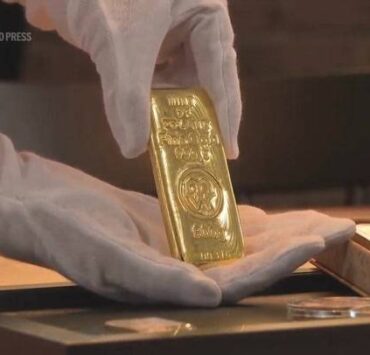

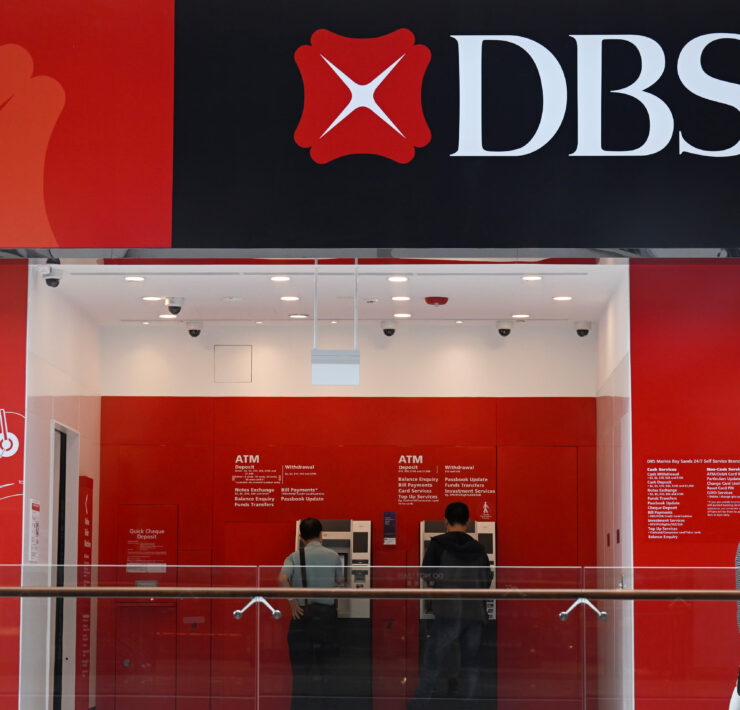
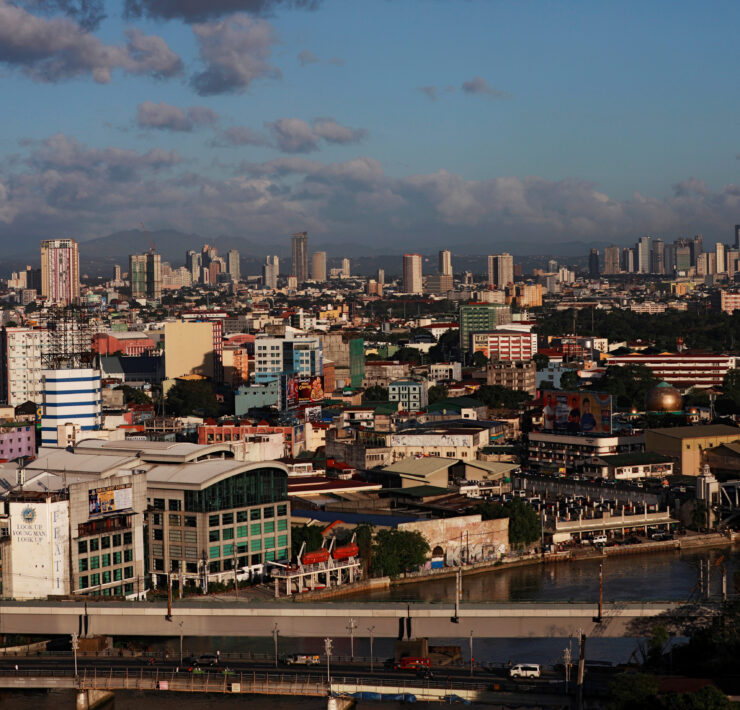
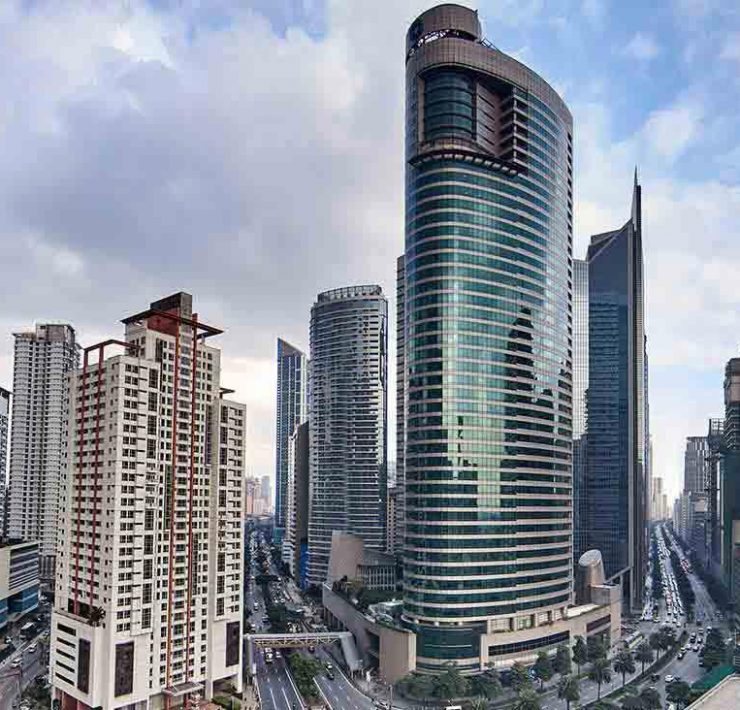


Mangroves matter